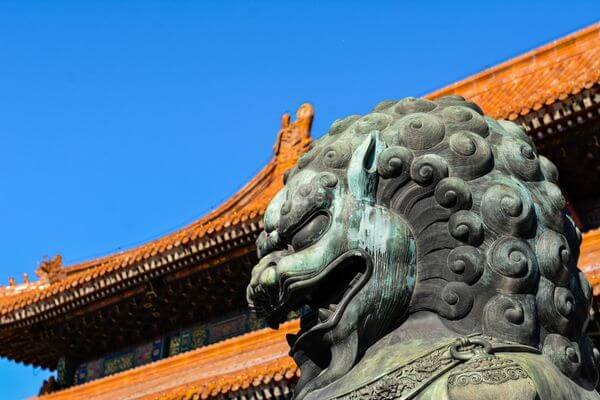
On 16 Nov. 2022, LI Song, Ambassador for Disarmament Affairs of China attended the 2022 Conference of the States Parties to the United Nations Convention on Certain Conventional Weapons (CCW) held in Geneva, Switzerland, and submitted the Position Paper of the People's Republic of China on AI to the conference.
The highlights of the position paper are as follows:
- The misuse and abuse of AI technologies may undermine human dignity and equality, violate human rights and fundamental freedoms, exacerbate discrimination and prejudice, disrupt existing legal systems, and have far-reaching impacts on government administration, the building of national defense, social stability and even global governance.
- Governments should give priority to ethics, establish and improve rules, norms and accountability mechanisms for AI ethics, delineate the responsibilities and power of AI-related entities.
- Governments should require researchers to strictly abide by data security regulations, ethics and relevant laws and standards and improve the completeness, timeliness, consistency, normalization and accuracy of data.
- Governments should prohibit using AI technologies and relevant applications which violate laws, regulations, ethics and standards.
Cover Photo by Zhang Linxuan on Unsplash
Contributors: CJO Staff Contributors Team









